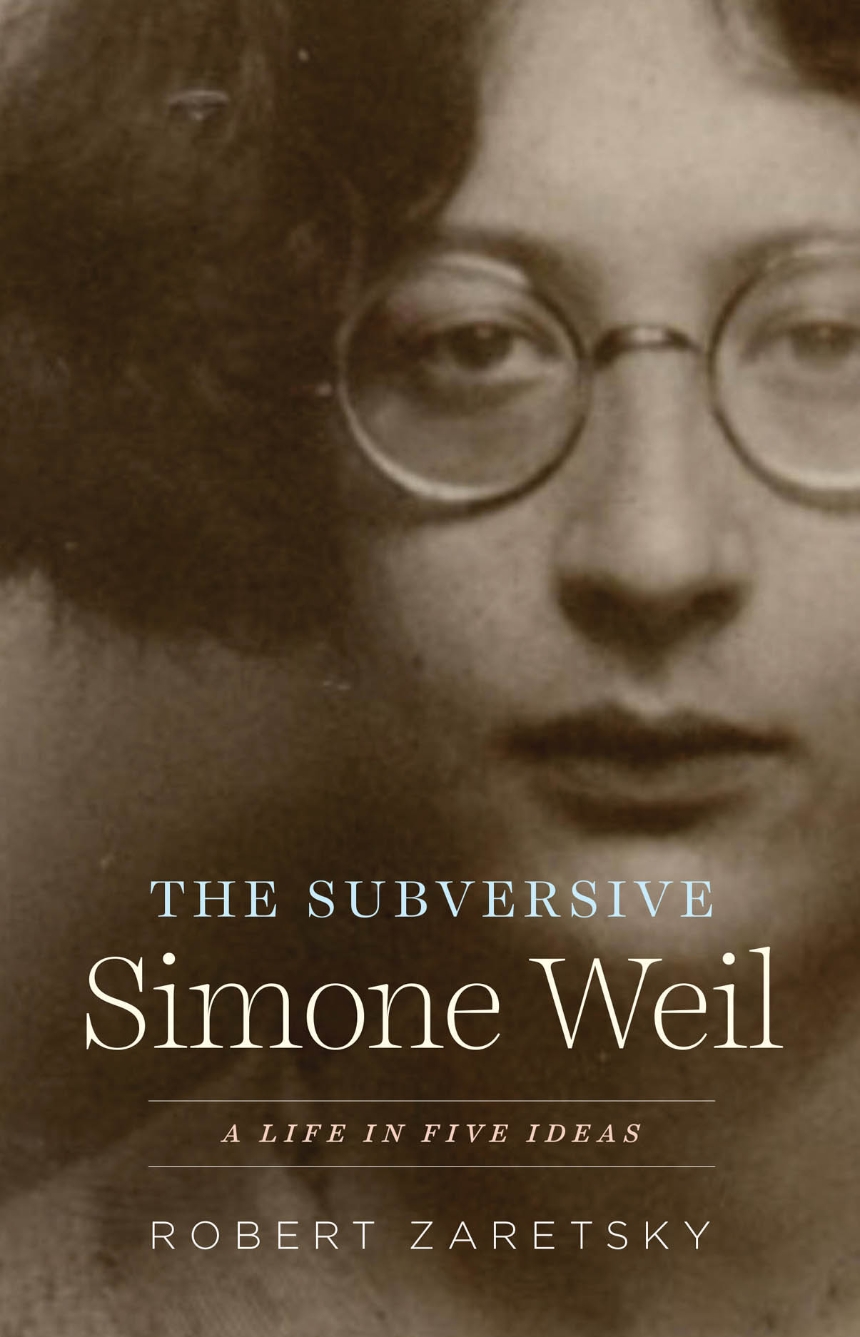possm reviewed The Subversive Simone Weil by Robert Zaretsky
Good subject matter, bad biographer
3 stars
Good: the structure (a life in five ideas) makes sense and is easy to follow. Bad: the biographer makes himself way too visible. I do not care about his judgments on the practicability of Weil's ideas, even less about his strange downplaying of French and British colonialism, and less still about his bizarre asides about Donald Trump or smartphones. Those are the worst! Did his editor tell him he can only write about Weil if he ties her to contemporary issues somehow? It's so bad.
Simone Weil is a great figure to write a biography about. I think less of her now, than I did before reading this. My commie brain is telling me that she was just a bourgeois reactionary who only got more openly right-wing with age. In a way, she was the traditional stereotype of what commies imagine all anarchists are like. Fortunately I don't just …
Good: the structure (a life in five ideas) makes sense and is easy to follow. Bad: the biographer makes himself way too visible. I do not care about his judgments on the practicability of Weil's ideas, even less about his strange downplaying of French and British colonialism, and less still about his bizarre asides about Donald Trump or smartphones. Those are the worst! Did his editor tell him he can only write about Weil if he ties her to contemporary issues somehow? It's so bad.
Simone Weil is a great figure to write a biography about. I think less of her now, than I did before reading this. My commie brain is telling me that she was just a bourgeois reactionary who only got more openly right-wing with age. In a way, she was the traditional stereotype of what commies imagine all anarchists are like. Fortunately I don't just think with my commie brain and am able to see her as a complex and nuanced figure. I do feel like many intellectuals are probably sympathetic to Weil out of class solidarity. They regard her as a uniquely strong willed and uncompromising figure because she was also a bourgeois intellectual, and disregard all the other militants who have done far better work than her while leading lives just as raw and uncompromising - if not more so, since she could, and did, always go back to her rich parents after any of her failed life experiments (e.g. trying to work in a factory or to fight in the Spanish civil war). But I've been following this train of thought while reading and have decided to not come down too harshly on Weil for being, well, privileged. That would be a simplistic lens to view her life through.
This book made me want to learn more about other militant figures of Weil's time.

